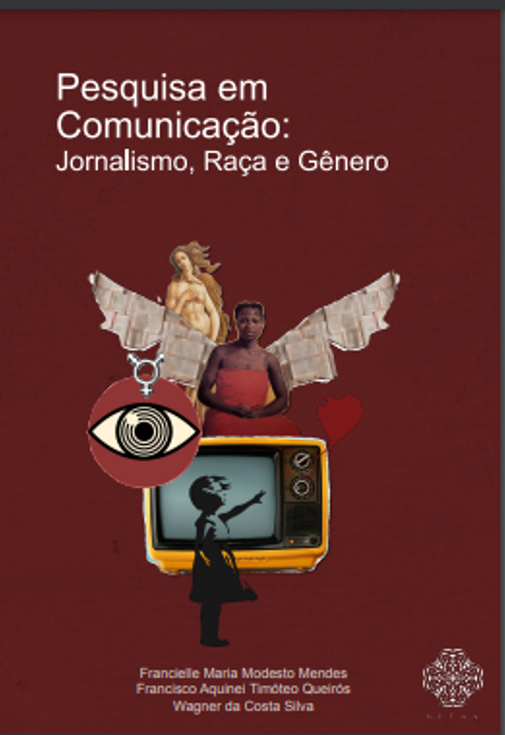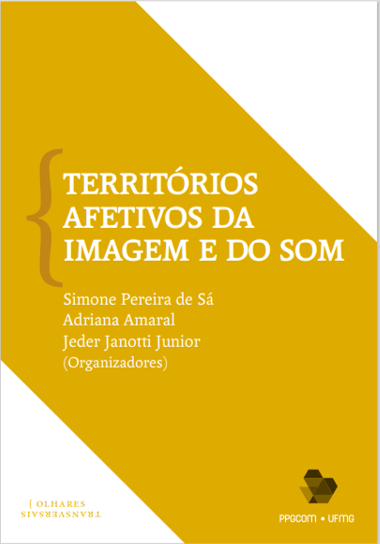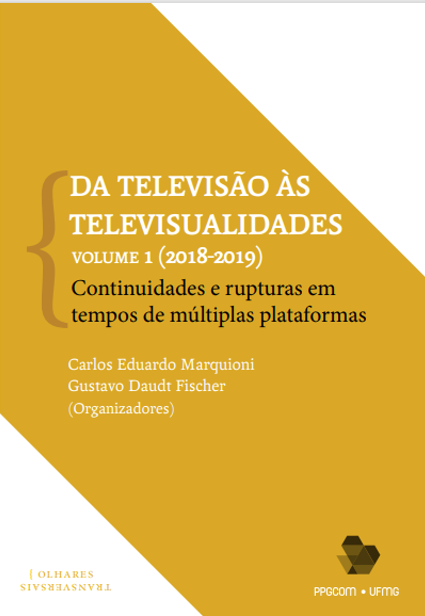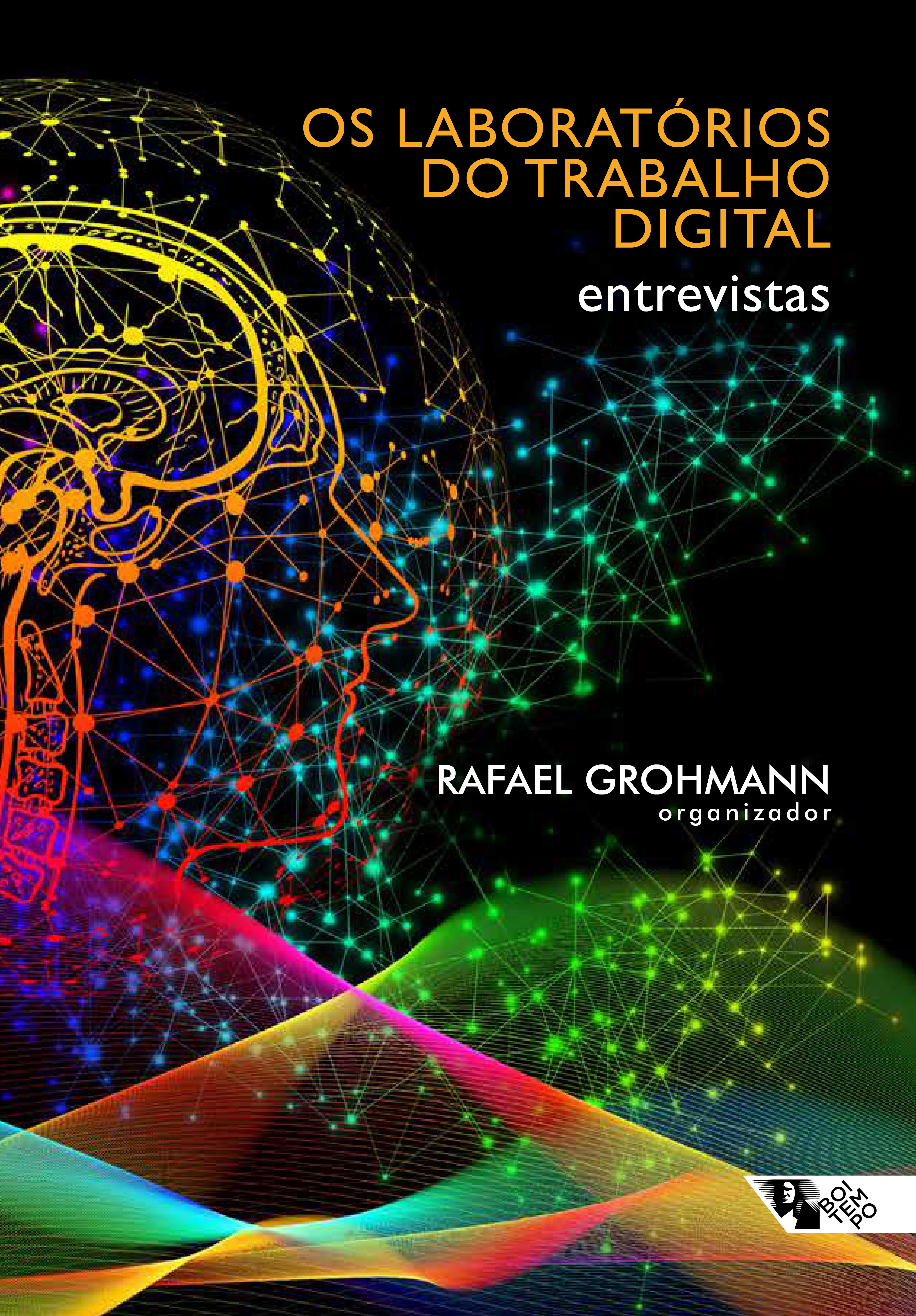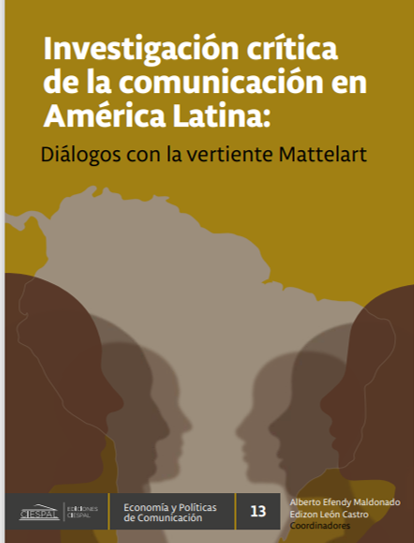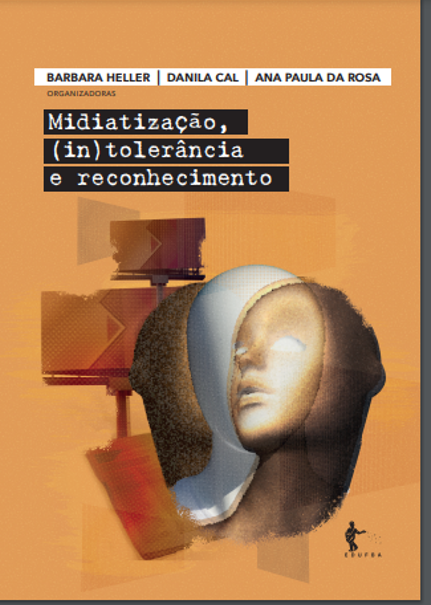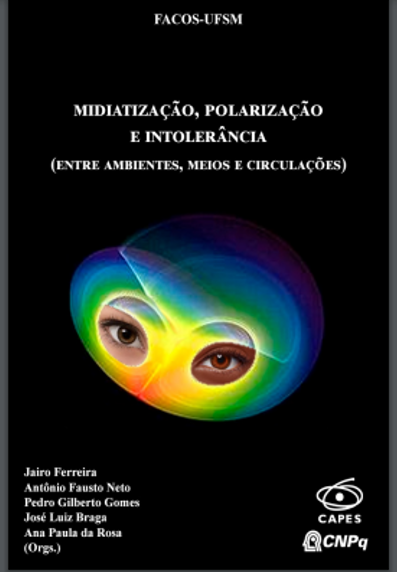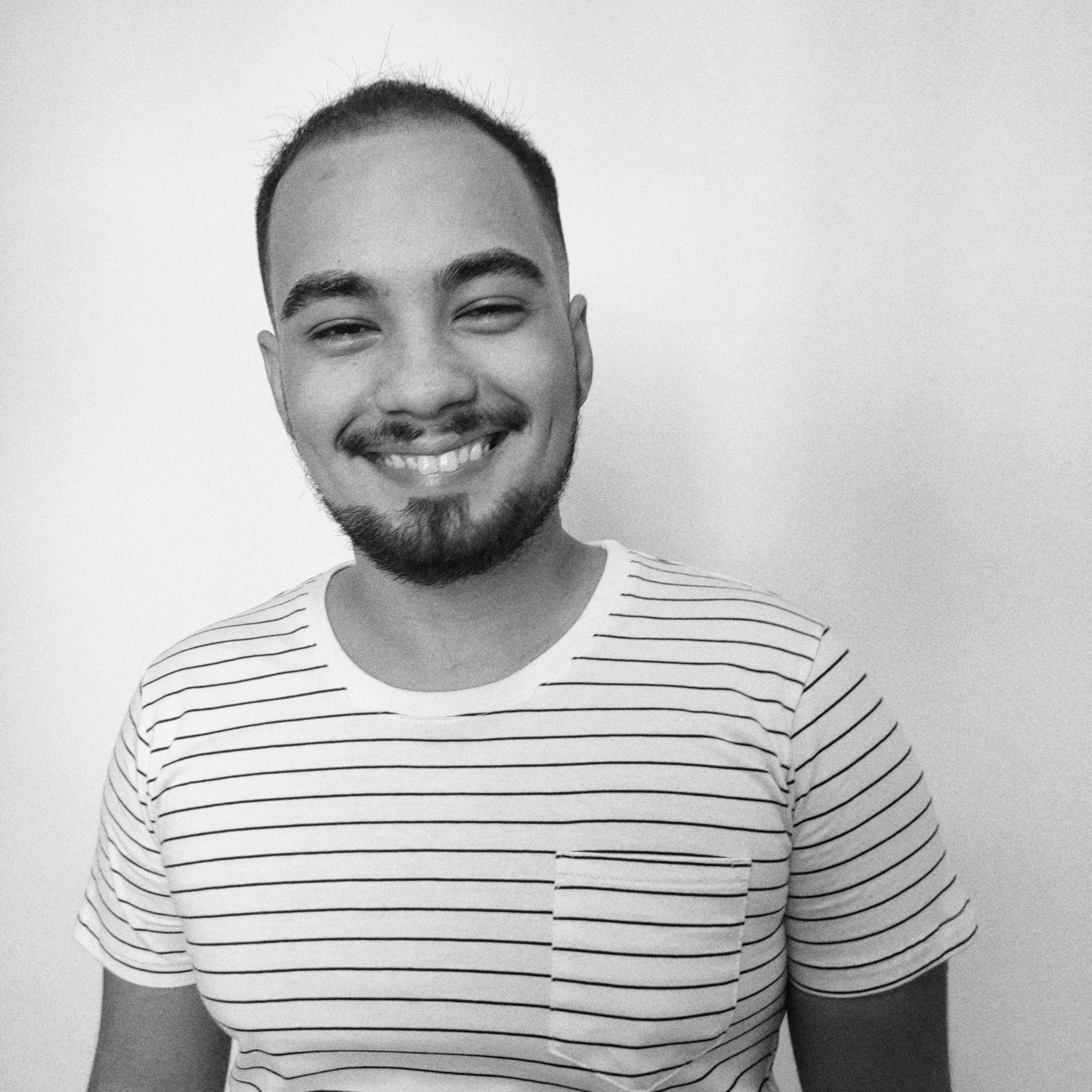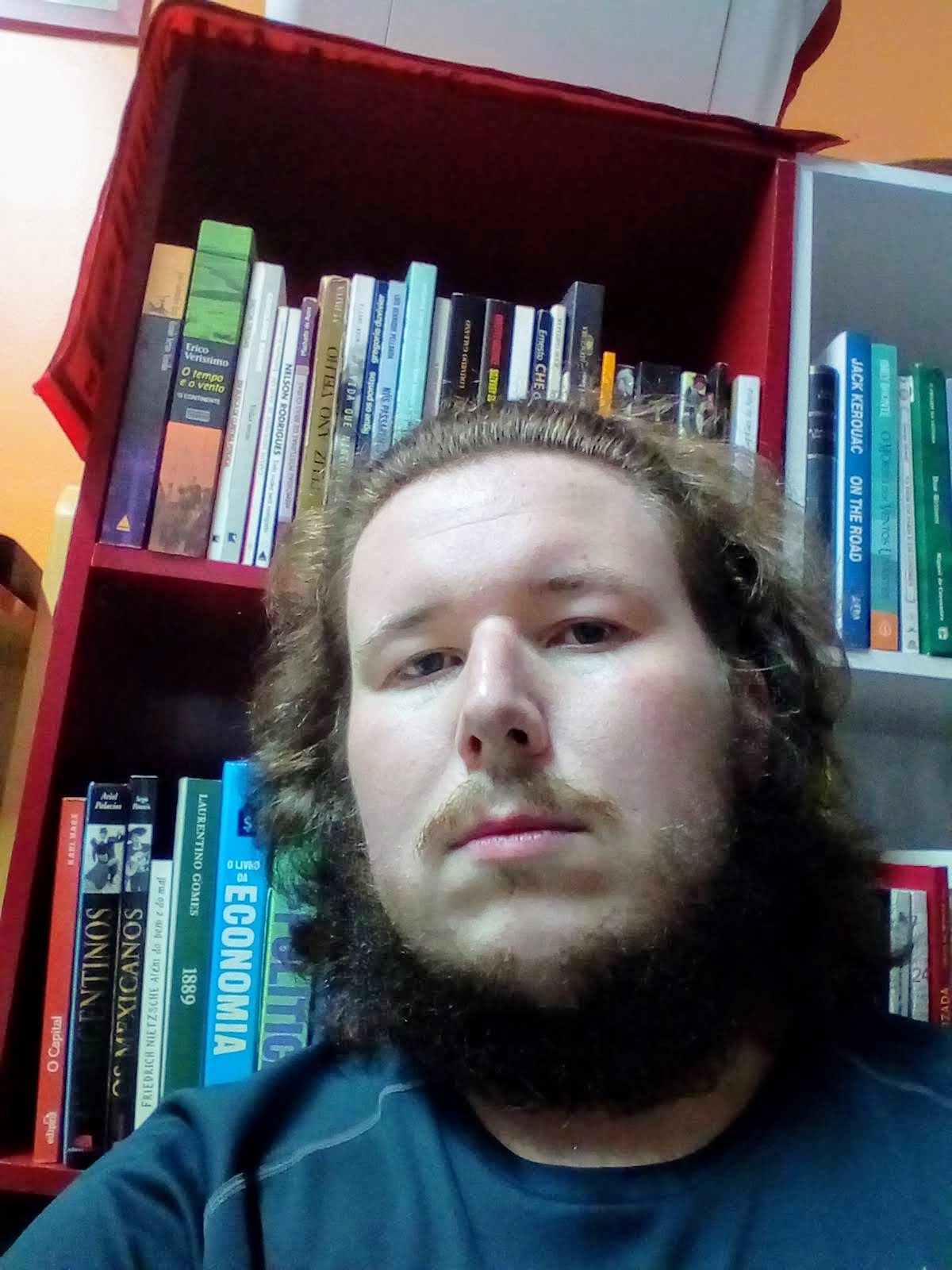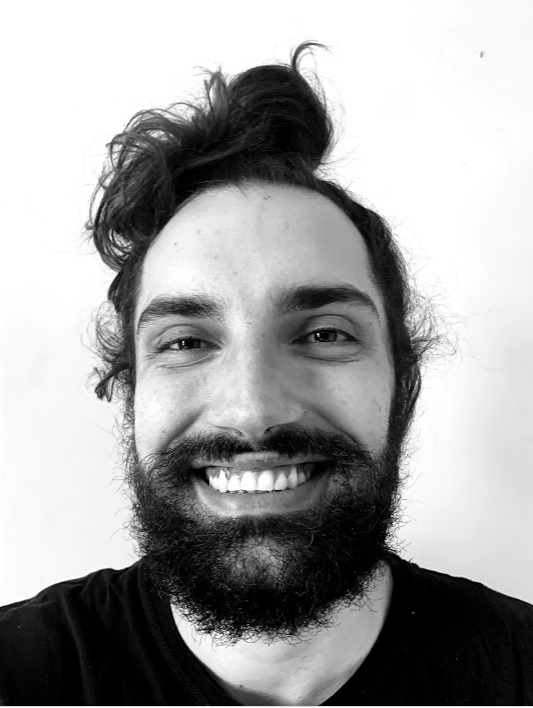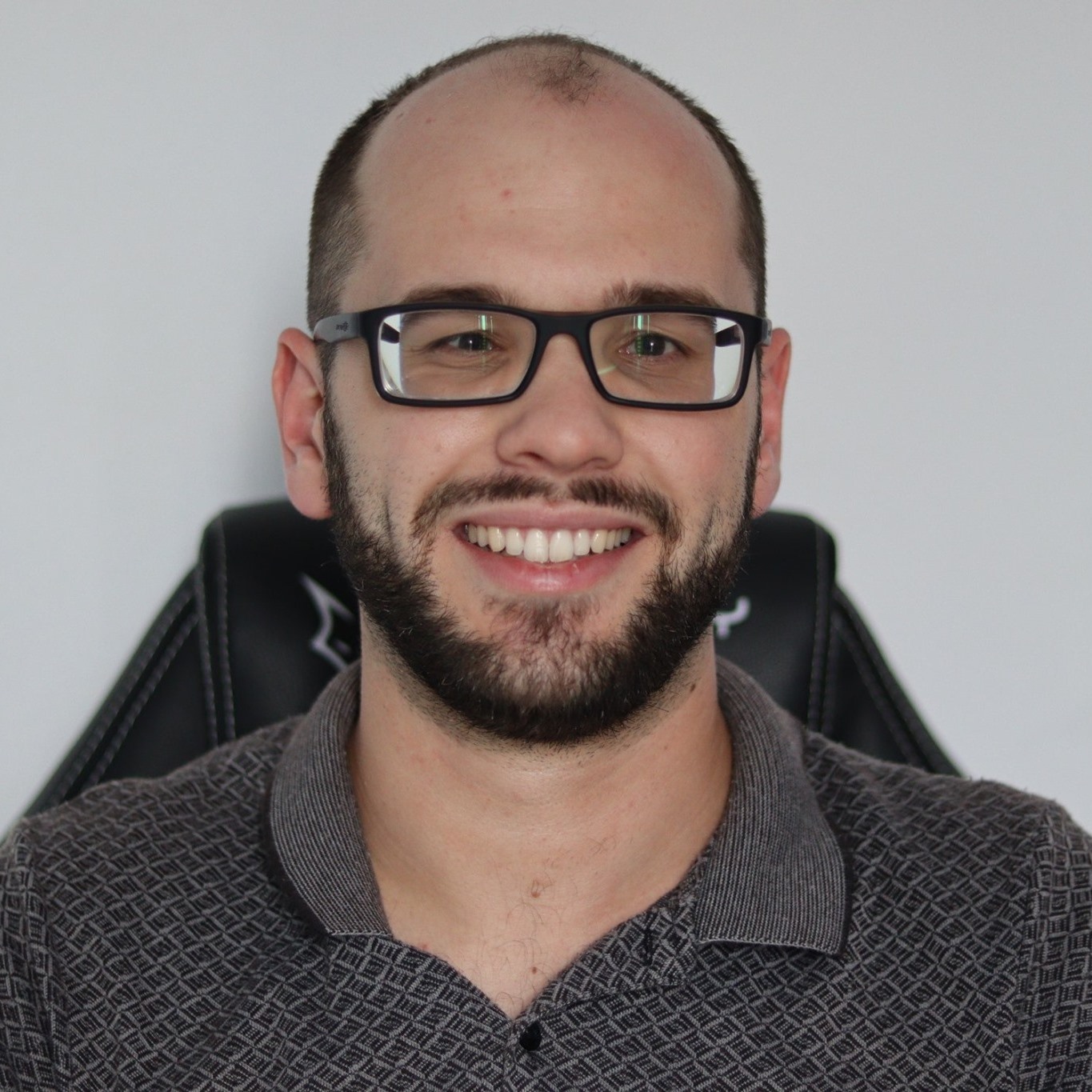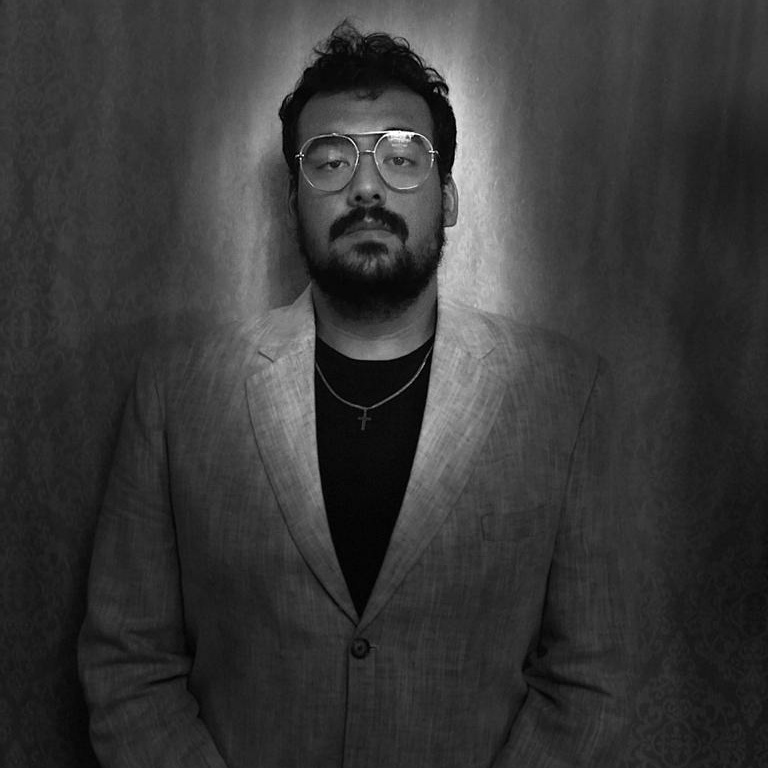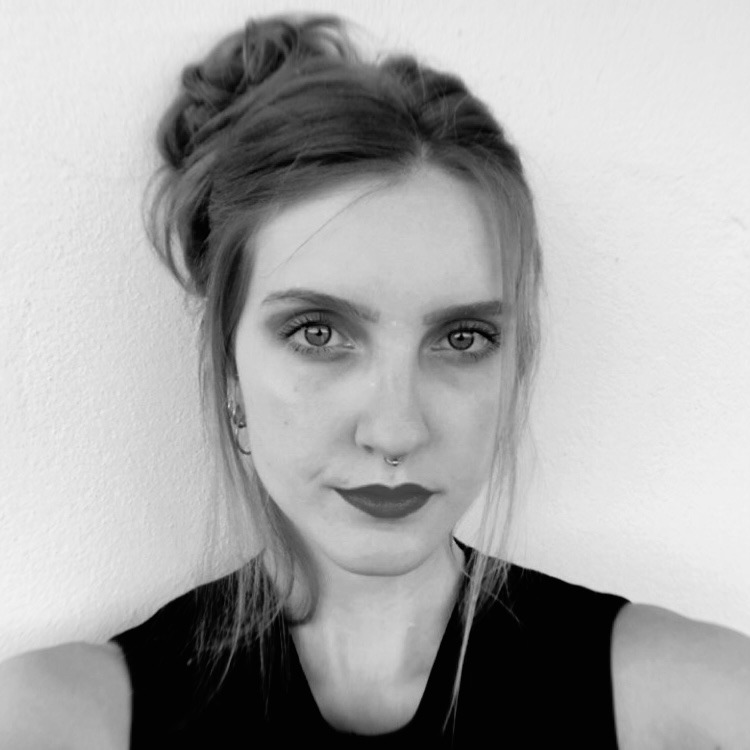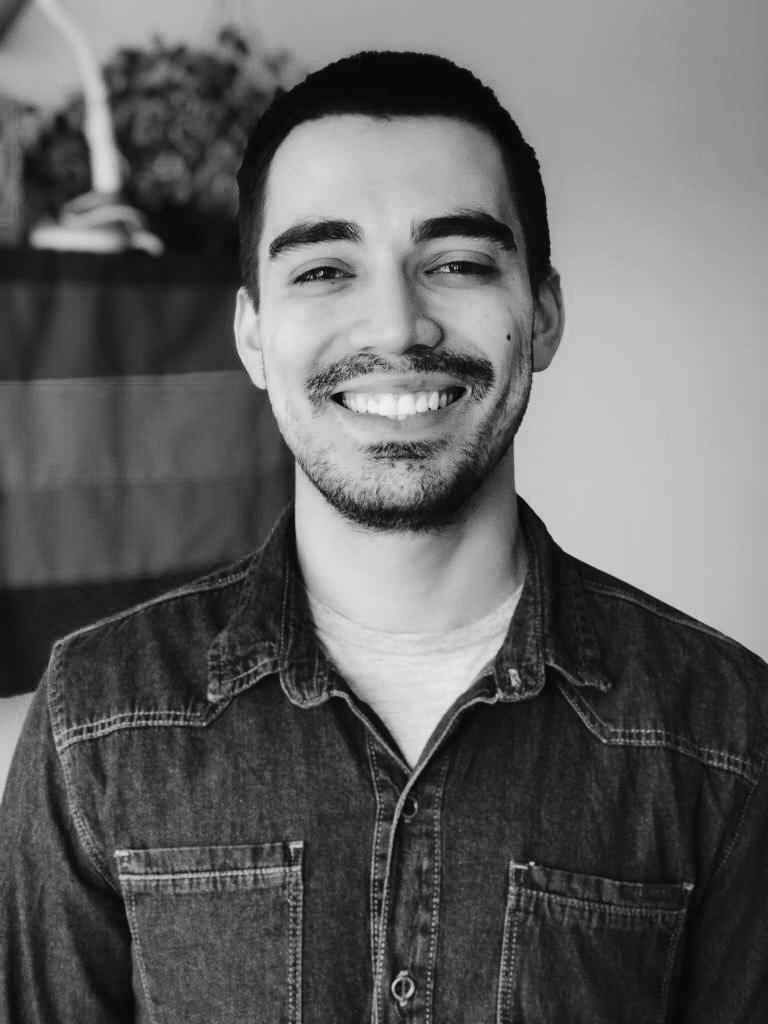Law (MSc/PhD)
Overview
The Masters in Law at Unisinos, when divided into two Lines, allows the construction of high-level research on topics of great relevance to the legal community and to society in general. The very methodological nature of the Master's dissertation allows specific responses to be presented to the most current problems within the scope of Public Law, especially with regard to Human Rights and Constitutionalism. The solid theoretical matrices that guide the Master's Research Lines ensure that the theoretical hypotheses discussed are always in touch with what is most expressive in the state of the art regarding a given subject.
PPGD's interinstitutional relations, especially with important universities in Europe and the Americas, already constitute in the Master of Law an important range of opportunities to exchange ideas and approaches with colleagues and researchers from other countries
This program is also available:
Check it out:
Emphasis: Public Law
The Unisinos Graduate Program in Law stands out for conducting high-level research, which has contributed to the evolution of the juridical science and an effective insertion of its intellectual production in the juridical community and society. The Program distinguishes itself by promoting researches that translates the most sophisticated studies in Theory of Law and the State, in studies on globalization and Human Rights, in addition to a strong criticism of legal dogmatics in its various specificities.
Lines of action
As the emphasis of this program is Public Law, it is paramount to include in the scope of research discussions on State and the necessary responses to social demands, based on the realization of fundamental social rights. Thus, the research developed within this area of study aims to delve into the current criticism of traditional hermeneutical models, based on the contributions of Semiotics, Philosophical Hermeneutics, and theories of Legal Argumentation. From this follows the need to investigate the effectiveness of Law and applicability of rules by Courts, based on a review of currently prevailing concepts in the doctrine, jurisprudence, Theory of the State and Theory of Law, where the study of the Constitution and Jurisdiction is essential, as well as their relationships with other areas of Material and Procedural Law. This area of study fosters a reflexive critical debate from the perspective of centrality of the Constitution and Constitutionalism within an increasingly complex and fragmented environment.
The research developed within this area of study focuses on the changes in Law, enhanced by the transformations in contemporary institutional structures, emergence of new rights (third and forth dimensions) and inflow of the phenomenon of globalization. These changes impose on jurists the need to reflect on the forms of institutionalization of contemporary societies. This area of study also addresses emerging rights, such as bioethics, biolaw, protection of intellectual property, diffuse and collective rights, fundamental human rights, and rights and obligations generated by new technologies, from a transdisciplinary perspective related to the notion of complexity, prioritizing the discussion of Society grounded on contemporary theories.
Master's Degree Curriculum
The master’s degree course consists of 30 (thirty) credits:
- 6 credits related to required two activities common to both Research Lines (OC);
- 6 credits related to required two activities per Research Line (OLP) of 3 credits each.
- 12 credits in four electives activities per Research Line (ELP) of 3 credits each.
- 6 credits corresponding to the thesis project defense, orientation, defense and approval in the thesis.
- Proficiency Exam in a foreign language.
- Teaching Internship (optional).
Common Required Activities (6 credits)
- Legal Hermeneutics - Theory of Law and Society
Required Activities - Area of study: Hermeneutics, Constitution and Realization of Rights
- Constitutional Theory - Process, Jurisdiction and Democracy - Contemporary Theory of the State
Required Activities - Area of study: Society, New Rights and Transnationalization
- Law, Technology and Innovation - Integration Law - Human Rights
Optional Activities - Area of study: Hermeneutics, Constitution and Realization of Rights
- State and Public Administration - Taxation and Public Policies - Law, State and Justice - Criminal Systems and Social Control - Ethics and Grounding of Rights - Education, Transdisciplinarity and Social Transformation - Research and Methodology in Law for the Master and Doctorate
Optional Activities - Area of study: Society, New Rights and Transnationalization
- Fundamentals of Contemporary Justice Theory - Law and Globalization - Education, Transdisciplinarity and Social Transformation - Environmental Regulation - Legal Perspectives of Intellectual Property - Contemporary Legal Systems - Research and Methodology in Law for the Master and Doctorate
PROFESSORS
The student of the Law Graduate Program has at your disposal a faculty composed mostly of masters, doctors and post-doctor, with national and international training and recognized professional experience.

Anderson Vichinkeski Teixeira
Doutor em Teoria e Storia del Diritto andersonvt@unisinos.brPh.D in Theory and History of Law from the Università degli Studi di Firenze (IT), with a doctoral research internship at the Faculty of Philosophy at the Université Paris Descartes-Sorbonne. Post-Doctorate in Constitutional Law at the same University. Coordinator and Professor of the Graduate Program in Law at the University of Vale do Rio dos Sinos (UNISINOS). International member of the Doctorate in Law at the Università degli Studi di Firenze (IT). Visiting professor at the Sorbonne Institute of Legal and Philosophical Sciences. Permanent member of the Association Française de Droit Constitutionnel. Works in Research Line I - Hermeneutics, Constitution and Realization of Rights - with a focus on Constitutional Law, Constitutional Jurisdiction, Political Science, Theory and Philosophy of Law.
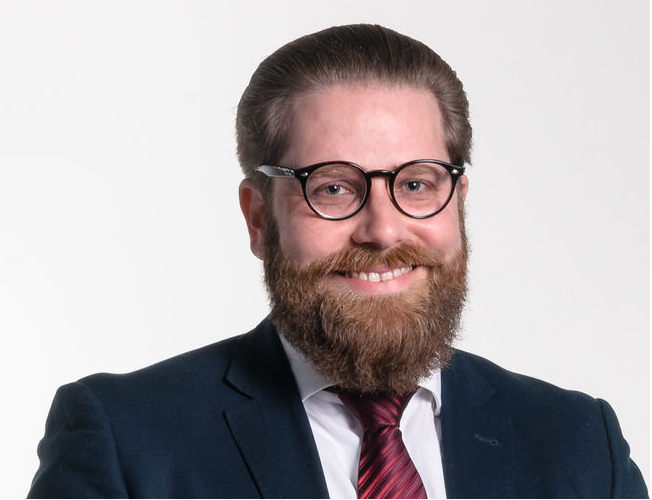
André Luiz Olivier da Silva
Doutor em Filosofia andreluiz@unisinos.brProfessor at the Law School of the University of Vale do Rio dos Sinos - Unisinos. Head of the Undergraduate Degree Program in Law at Unisinos. PhD in Philosophy (2013) Master in Philosophy (2009) Bachelor in Philosophy (2007) Bachelor in Law (2007) from Unisinos. He has experience in the areas of Philosophy and Law, focusing on the relationship between Morals, Politics and Law. Mainly researches the following themes: Hume, Empiricism Kant Hobbes, Contractualism Kelsen, Legal Positivism Human Rights, Natural Rights, Moral Rights, Grounding. He's a lawyer.

Clarissa Tassinari
Doutora em Direito clatassinari@unisinos.brMasters and Doctors Degree in Public Law at Unisinos. Research Group Coordinator at GPolis Law, Politics e Institutional Dialogues. Member of the research group Legal Hermeneutics, coordinated by prof. Lenio Streck. Prof. Clarissa Tassinari does research on the following themes: constitutional law law and politics judicial activism and institutional dialogues.
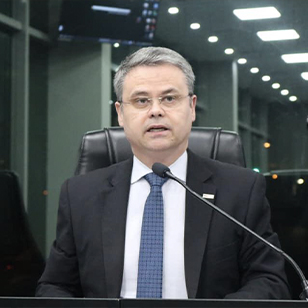
Darci Guimaraes Ribeiro
Doutor em Direito dribeiro@unisinos.brLawyer and Arbitrator. Postdoctoral fellow at the Università degli Studi di Firenze. Doctor from the Universitat de Barcelona. Master from PUC/RS. Full Professor at UNISINOS and PUC-RS. Member of the International Association of Procedural Law (IAPL), Brazilian Institute of Procedural Law (IBDP). Interest areas: Process, Constitution and Democracy.
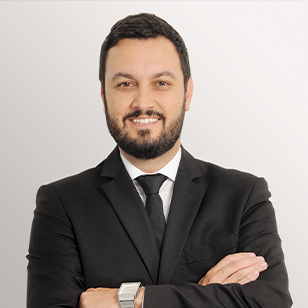
Delton Winter De Carvalho
Doutor em Direito deltonw@unisinos.brEnvironmental Law Professor of the Graduate Program in Law at Unisinos - PPGD, at master and doctoral level. Postdoctoral in Environmental and Disaster Law at the University of California, Berkeley, USA. Affiliated Researcher at the Climate Litigation Accelerator, Center for Human Rights and Global Justice NYU. Doctor and Master in Law at Unisinos. Lawyer, legal advisor and legal consultant in ??Environmental Law. Founder of Délton Carvalho | Environmental Law. Research areas in Environmental Law Climate Change Law and Climate Litigation and Disaster Law.

Fernanda Frizzo Bragato
Doutora em Direito fbragato@unisinos.brFernanda Frizzo Bragato is a Full Professor of Law Unisinos Law School (Brazil). Her research is at the intersection of human rights theory, decolonial thinking, and indigenous rights, with an emphasis on indigenous land rights and conflicts in Brazil in the context of risk for atrocities. She holds a Master and PhD in Law, and was a visiting scholar at Birkbeck College (University of London) and Fulbright Visiting Scholar at Cardozo Law School.

Gabriel de Jesus Tedesco Wedy
Doutor em Direito gabrielwedy@unisinos.brFederal Judge. Post-Doctorate, PhD and LL.M in Law from PUCRS. Visiting Scholar at Columbia Law School (Sabin Center for Climate Change Law) and Visiting Professor at Universität Heidelberg (Instituts für deutsches und europäisches Verwaltungsrecht). He has interests in: Contemporary Rule of Law Theory Socio-Environmental Rule of Law Socio-Environmental Justice Law and Sustainable Development Climate Change Law and Renewable Energy Law. Former Presidente of Ajufe.

Gerson Neves Pinto
Doutor em Philosophie Médiévale gersonp@unisinos.brPhD in Philosophy, Textes Et Savoir, mention très honorable na École Pratique Des Hautes Etudes - Sorbonne, Paris (2011) . Master's degree from UFRGS (1998). Professor at the University of Vale do Rio dos Sinos and the Graduate Program in Law (Master's and Doctorate). Areas of interest: Philosophy of Law, Ethics and Law , bioethics, human rights, fundamental rights and practical practice.
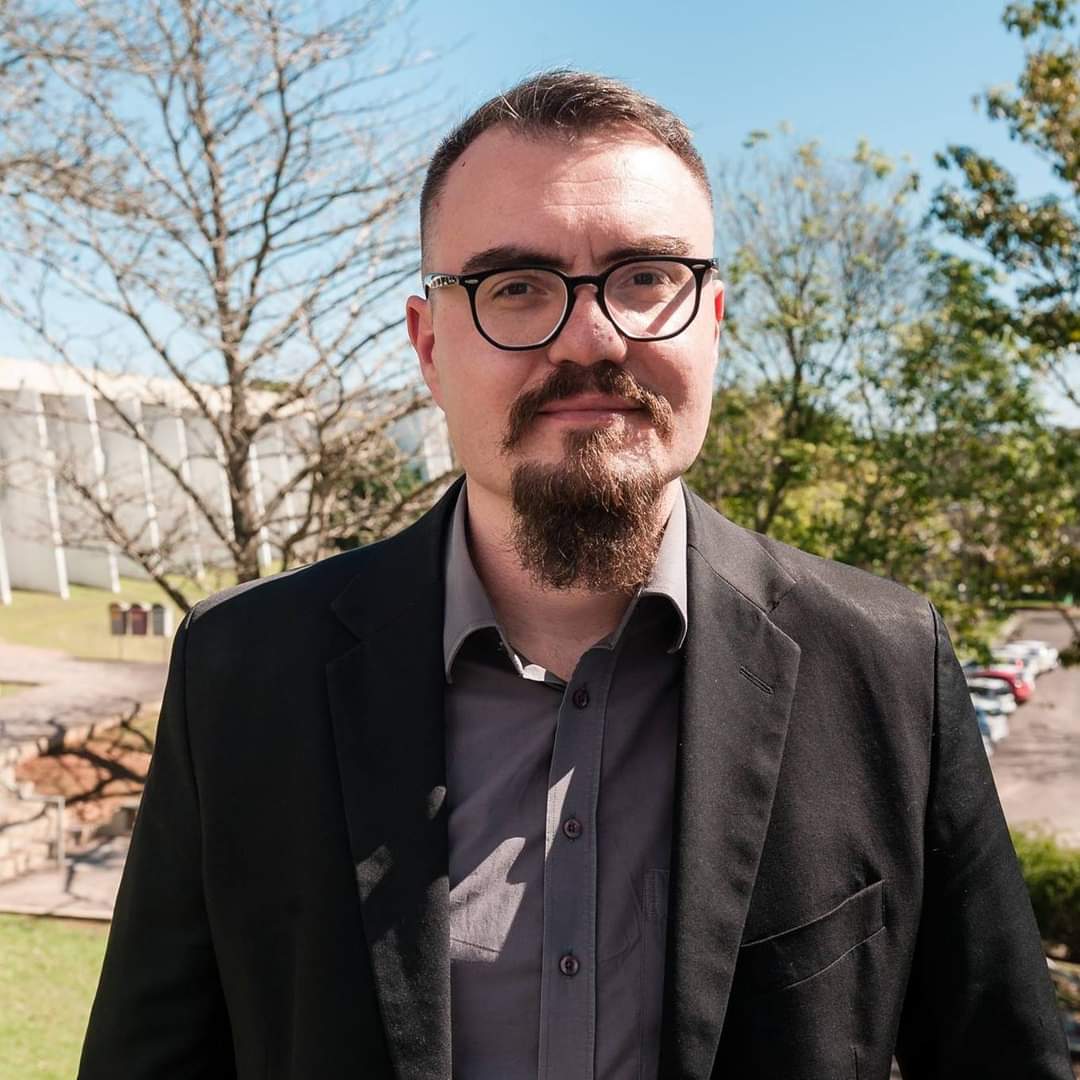
Guilherme de Azevedo
Doutor em DireitoPh.D in Law (UNISINOS). Member of ABraSD - Brazilian Association of Researchers in Sociology of Law. In the line of research of Society, New Rights and Transnationalization, develops research in Sociology of Law, focused on the following subjects: Social Systems Theory and Law in Latin America; Globalization and Democracy; Law, Inclusion/Exclusion and Inequalities; Sociology of Constitutions; Racial Justice.

Jania Maria Lopes Saldanha
Doutora em Direito janias@unisinos.brSenior internship (2014-2015) with a Capes scholarship at the IHEJ - Institut des Hautes Études sur la Justice, Paris. PhD in Public Law from UNISINOS (2001-2004). Visiting professor at IHEAL - Institut des Hautes Études sur la Justice (2016-2017), Université Sorbonne-Nouvelle, Paris III. Co-coordinator of the Human Rights and Business Center linked to the PPG in Law at UNISINOS. Coordinator of the research group CCULTIS - Center for comparative legal cultures, internationalization of law and justice systems. The areas of interest are internationalization of law, legal cosmopolitanism, human rights and corporate social responsibility.

Jose Rodrigo Rodriguez
Doutor em Filosofia jrrodriguez@unisinos.brGraduated in Law from the University of São Paulo (1995), Master in Law from the University of São Paulo (2001) and PhD in Philosophy (Law and State Theory line) from the State University of Campinas (2007). He is currently Professor of PPG (Master and Doctorate) at UNISINOS and Permanent Researcher at CEBRAP linked to the Law and Democracy Nucleus. He has experience in the area of Law and Philosophy, with an emphasis on Philosophy of Law and Legal Sociology, acting mainly on the following themes: Legal Reasoning, Critical Theory of Law, Law and Globalization.

Lenio Luiz Streck
Doutor em Direito lenio@unisinos.brDoctor of Laws at UFSC, with a post-doctoral research period at the University of Lisboa. Professor of Hermeneutics, Language and Legal Reasoning at Unisinos/RS, professor of Hermeneutics and Brazilian Constitutional Law at Unesa/RJ, and visiting scholar at Universidad Javeriana (Bogotá). A former state prosecutor (MPRS), he is Professor Emeritus of ABDConst and head of Dasein - Núcleo de Estudos Hermenêuticos and a consulting attorney.
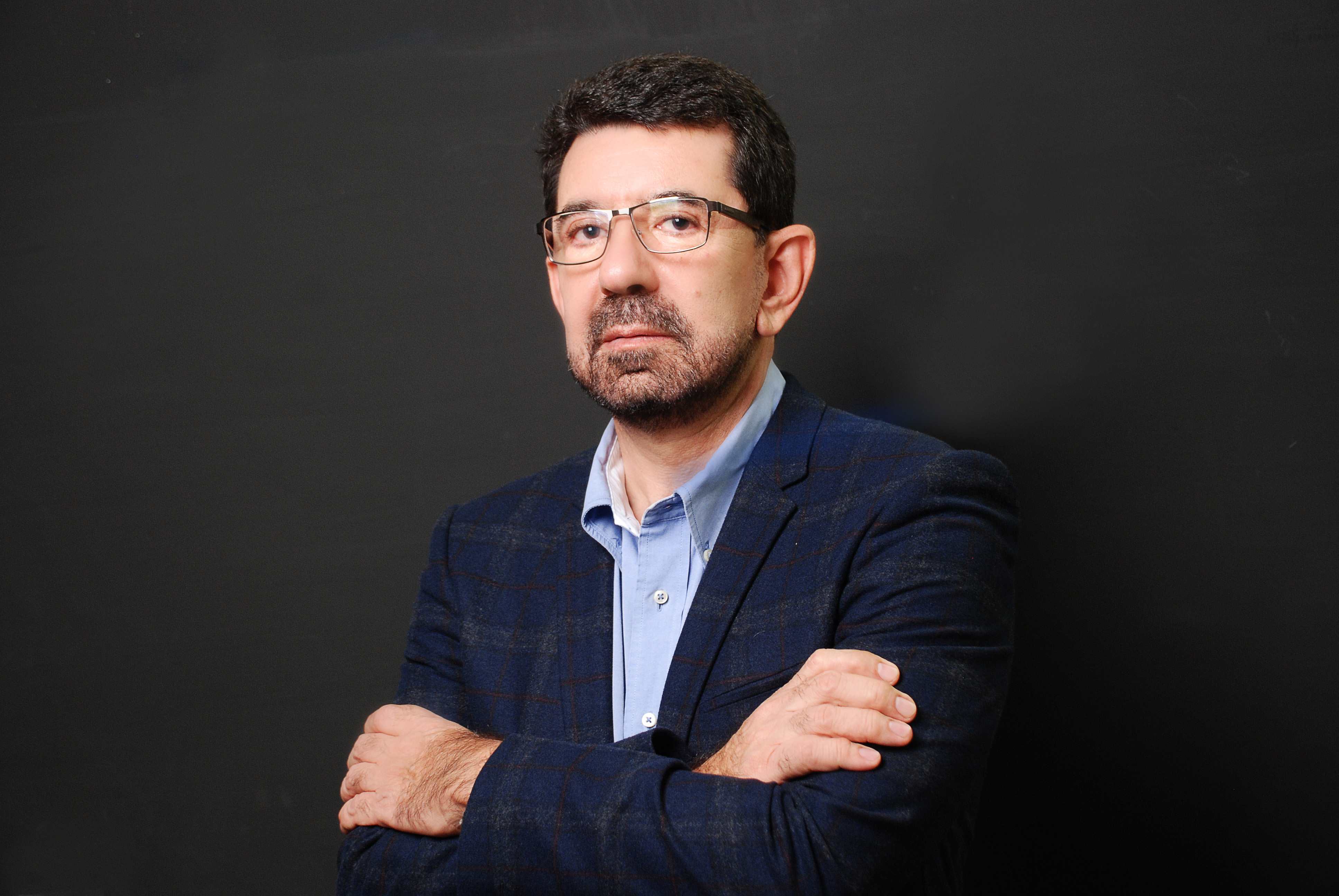
Leonel Severo Rocha
Douto em Direito leonel@unisinos.brPhD from the École des hautes études en sciences sociales (EHESS) - France, with a postdoctoral degree in Sociology of Law from the Universita degli Studi di Lecce - Italy. CNPq Productivity Scholarship. He was a full representative of the Law area at CNPq-2016-2019. Leader of the Research Group Theory of Law (CNPq). He has experience in the area of Law, with an emphasis on General Theory of Law, working mainly on the following themes: Social Systems Theory, Constitutionalism, Democracy and Theory of Law.

Luciane Klein Vieira
Doutora em Direito lucianevieira@unisinos.brPhD in Law (area: international) and Master's Degree in Private International Law from the Universidad de Buenos Aires (UBA). Master's Degree in Economic Integration Law from the Universidad del Salvador (USAL) and Université Paris I Panthéon Sorbonne. Professor of the Post Graduate Program in Law at UNISINOS. Research areas: international consumer protection, sustainable consumption, private international law and regional integration.

Marciano Buffon
Doutor em Direito buffon@unisinos.brPost-Doctor in Law from the Faculty of Derecho de la Universidad de Sevilla - ES. PhD in Law - emphasis on State Law - by UNISINOS - Master in Public Law. Tax Lawyer, Professor of Tax Law at UNISINOS - São Leopoldo / RS and in postgraduate courses (specialization) in Tax Law. Professor in the Postgraduate Program in Law - Master's Degree - UNISINOS. Develops research in the area of ??taxation and its relationship with inequality and climate change.

Miguel Tedesco Wedy
Doutor em Direito miguel@unisinos.brPHD in University of Coimbra/Portugal. Master em Criminal Law in PUCRS. Professor in PHD Program of Unisinos Law School. Dean - Unisinos Law School. Visiting Scholar Boston College Law School. Lawyer - Wedy Advogados. Research topics: Criminal Justice System, Freedom and Guarantees.

Raquel Von Hohendorff
Doutora em Direito rhohendorff@unisinos.brPhD and Master in Public Law Unisinos (CAPES scholarship). Participant in the JUSNANO research group. Lawyer and Veterinary Physician. Research in the area of risks of new technologies, transdisciplinarity and Sustainable Development Goals. Head of the São Leopoldo Section of the Brazilian Bar Association.

Roger Raupp Rios
Doutor em Direito ppgdunisinosroger@unisinos.brRoger Raupp Rios, LL MM e PhD Law - Federal University of Rio Grande do Sul (UFRGS), Post-Doctoral degree at University of Paris II. Visiting researcher at University of Texas - Austin and Columbia University - NYC. Professor at UNISINOS Law School. Research interests: Anti-Discrimination Law, Human Rights Law, and Constitutional rights.

Têmis Limberger
Doutor em Direito Público temisl@unisinos.brTêmis Limberger, PhD in public law from the Pompeu Fabra University (Barcelona), postdoctoral studies at the University of Seville, master's degree and law graduate from UFRGS. PPGD Unisinos professor. Lawyer and Attorney of Justice (retired). Author of books and academic articles. Areas of interest: new technologies, transparency, human rights, public administration and protection of personal data.
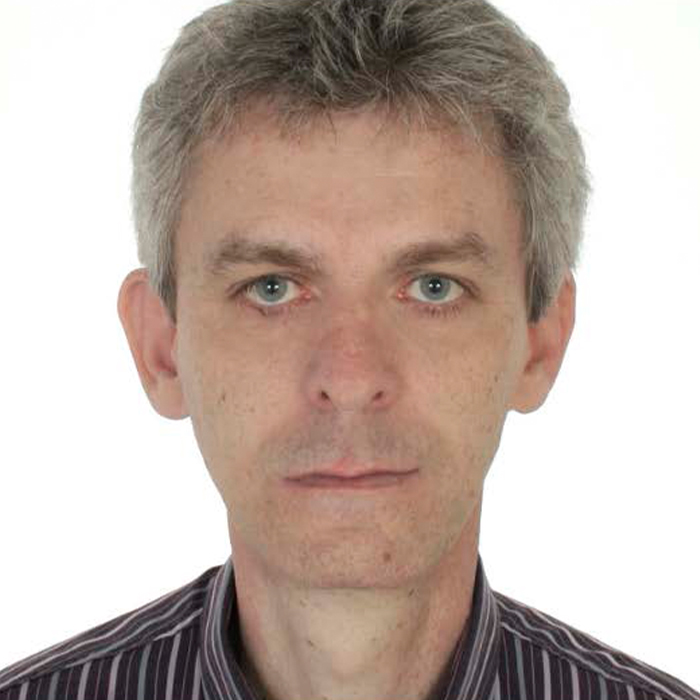
Wilson Engelmann
Doutor em Direito wengelmann@unisinos.brPhD in Public Law Postdoctoral Internship in Public Law-Human Rights held at the Center for Security Studies, University of Santiago de Compostela, Spain Professor and Researcher of the Postgraduate Program in Law - Master and Doctorate - and of the Professional Master's in Corporate Law and Business, both at UNISINOS CNPq Research Productivity Scholarship.





